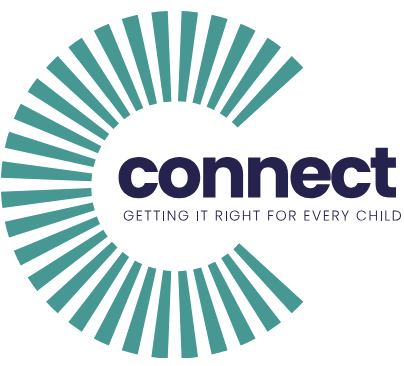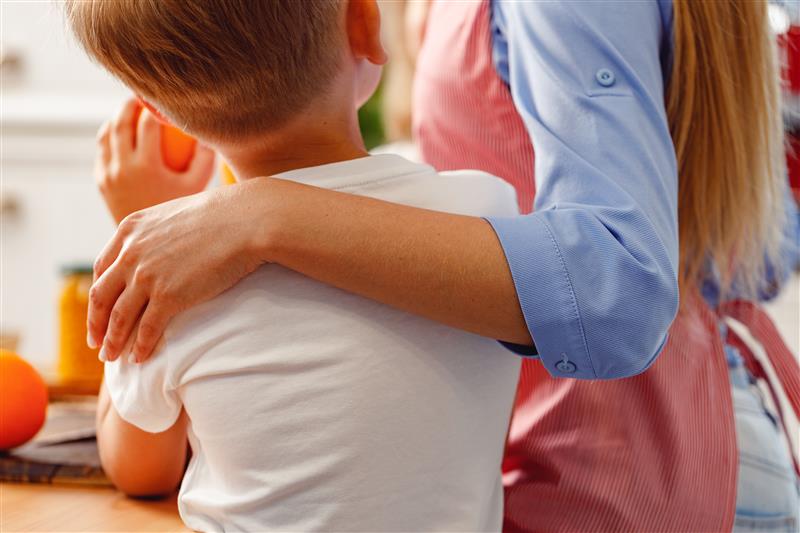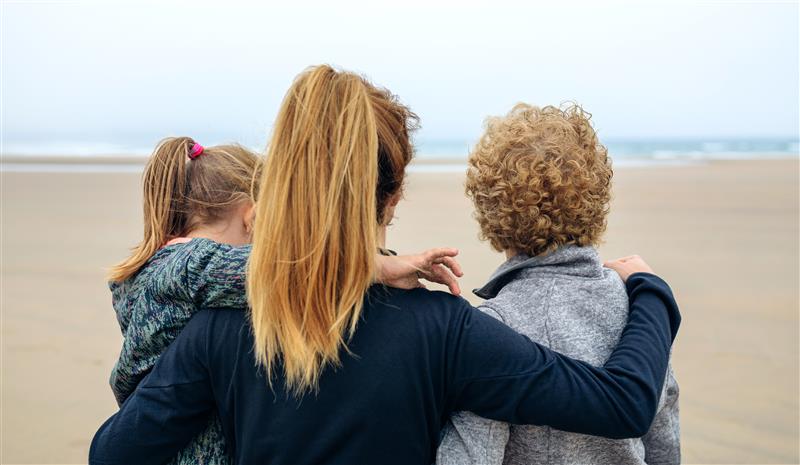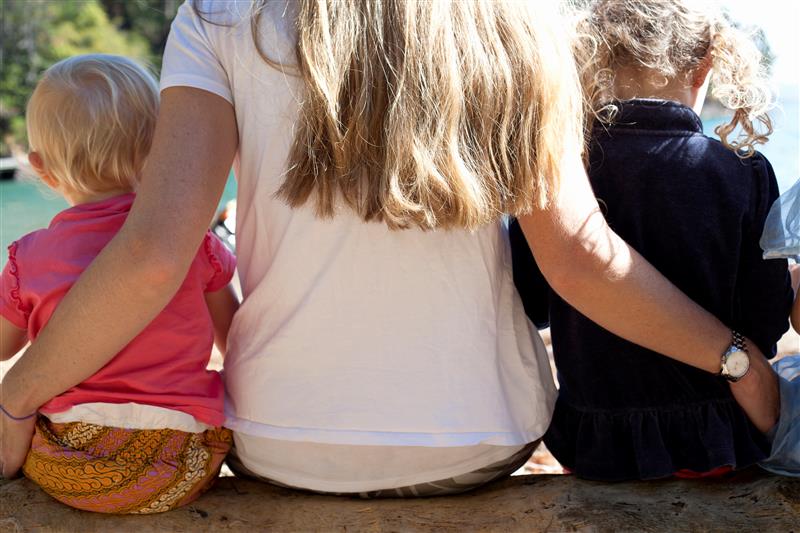The ‘Respected’ and ‘Responsible’ aspects of the SHANARRI wellbeing indicators within the Getting It Right for Every Child (GIRFEC) framework emphasise two key steps in a child’s development: feeling valued and learning to take ownership of their actions.
What Does ‘Respected’ Mean?
Being respected means that children feel their voices are heard, their opinions matter, and their rights are recognised. It fosters a sense of dignity and self-worth, allowing children to engage confidently with others.
What Does ‘Responsible’ Mean?
Being responsible involves learning to make good decisions and understanding the impact of actions on others. It’s about developing independence and contributing positively to family, school, and community life.
Why These Indicators Matter
Feeling respected builds a child’s confidence and trust in others. Learning responsibility helps them develop independence and problem-solving skills. Together, these indicators prepare children for adulthood, ensuring they grow into confident, thoughtful individuals.
How GIRFEC Encourages Respect and Responsibility
- Listening to Children: GIRFEC prioritises children’s input in decisions affecting their lives, teaching them the importance of expressing their views respectfully.
- Providing Guidance: Adults and professionals help children understand responsibility through support and clear expectations.
- Promoting Positive Behaviour: GIRFEC fosters environments where children can learn from mistakes and develop accountability.
By nurturing respect and responsibility, GIRFEC helps children build the skills and attitudes needed to succeed in life.




